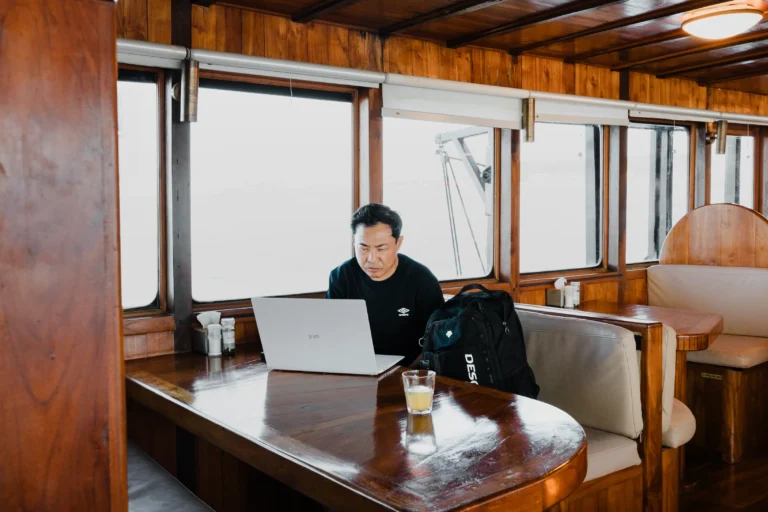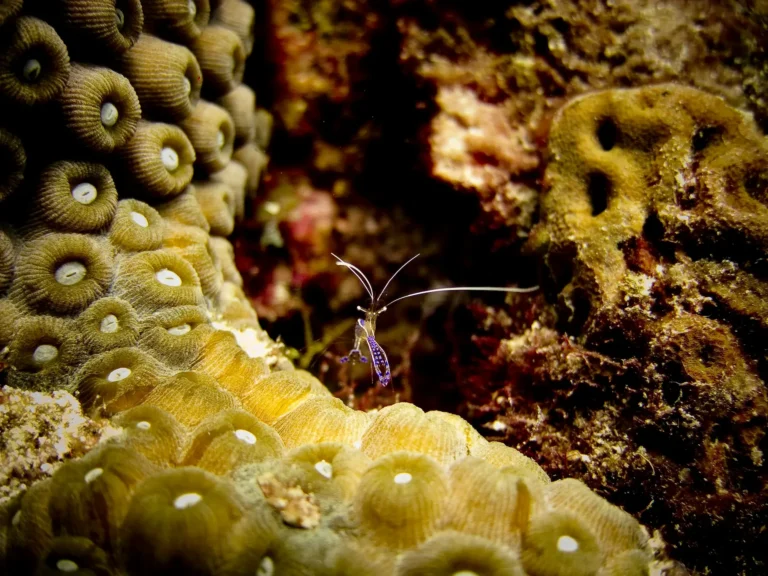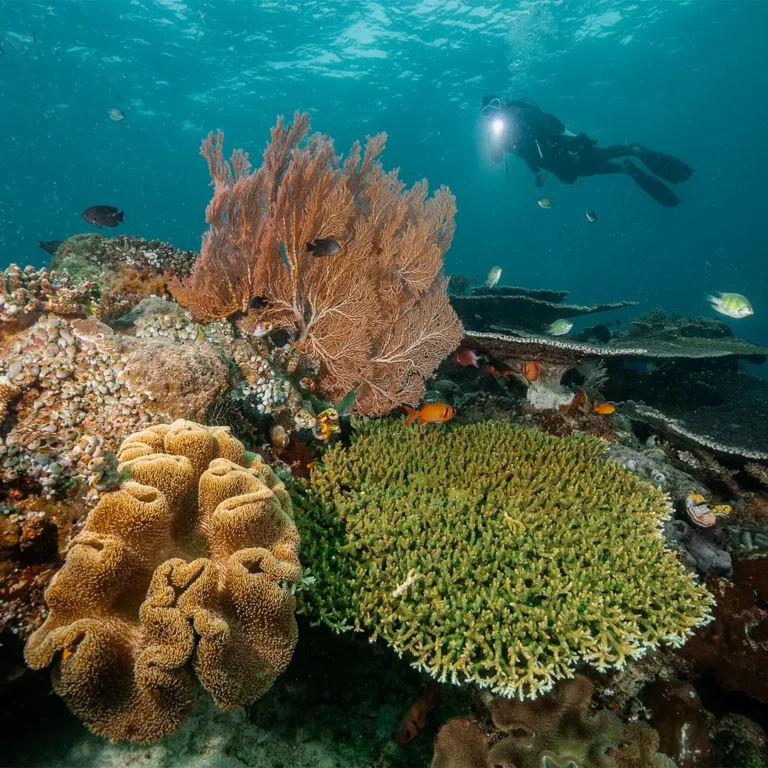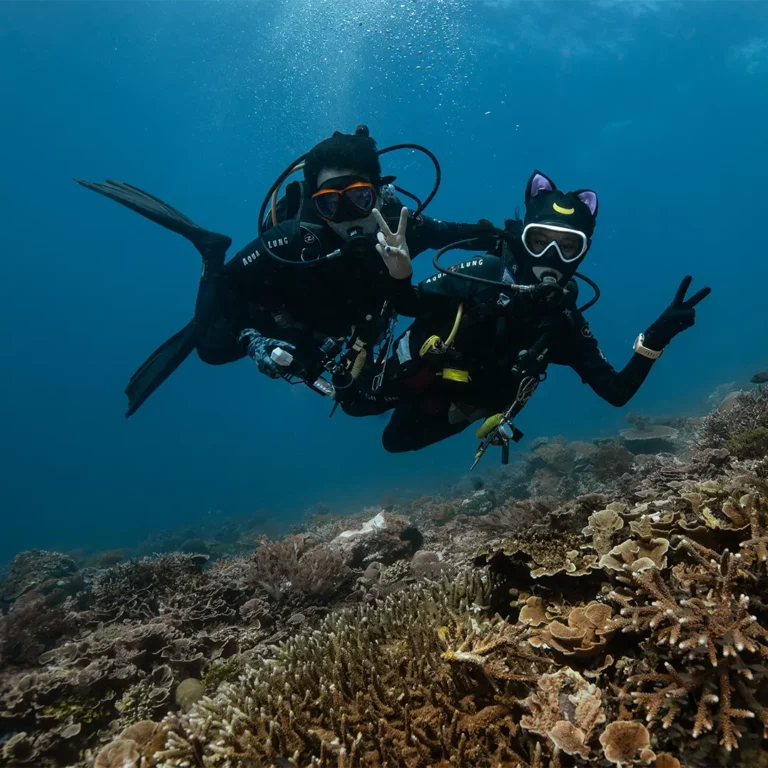Of course you have to surface after exploring different dive sites and taking in the breathtaking underwater scenery. Alas you can’t stay on that beautiful dive forever so once on the surface you’ll need to signal your boat to come pick you up. At this point, you should be aware of your location, update the crew on your situation, and board the boat. You might need to be prepared for the scenario in which you get off the boat and require immediate help. For this reason, knowing how to signal while on the surface is crucial.
1. When to use and when to give the “OK” signal
It is very important to inform the crew on deck of your condition if you surface within visible distance of the boat, and to let them know that you are not in danger. The “OK” signal can be used to convey this message. To demonstrate it, bend both your hands in the air above your head, forming the letter O. If you don’t have two hands, you can also make the same symbol by bending one hand only, so that your fingertips touch your head, still forming the letter O. You can also just use the traditional underwater “OK” sign by pinching your thumb tip to the tip of your index finger. By making the “OK” signal, you are letting the crew know that you can swim back to the boat on your own, without assistance.
2. Tell the boat you are not in significant danger, but something is wrong and you can’t swim back to the boat
You should indicate that you need help if you cannot swim back to the boat due to muscle cramps or a current that is too strong etc. To do this, you should make a fist and raise one arm into the air rather than making an “OK” signal. This signal tells the people in the boat that even if you are not in significant danger, you cannot return on your own, and need a pick up.
3. Try to surface within a few metres of where the boat is anchored
In some cases, it is the best option to surface as close to the boat as possible after the dive. However, if you can control where you go up and know where you are in the water, then surfacing close to the boat is the best option.
ALSO READ : Where Should You Put Your Arms While Scuba Diving?
4. Prepare standby equipment to anticipate unwanted trouble seeing you in the water
You will be difficult for the crew to find if you surface away from the boat, especially in choppy water. It is therefore imperative that you carry an audible and visual signalling device with you during each dive. As a minimum, you should have an inflatable surface marker buoy and a whistle on your BCD. By doing so, the marker can be inflated when needed and will stand upright in the water to indicate location.
An air horn and a signal mirror connected to a low-pressure inflator hose are some other things to consider. For night dives, you should have an emergency strobe or glow stick. To increase your visibility, both can be attached to the end of the signal tube. Waving a dive light from one side to the other can also be used to signal the boat.
5. Don’t hesitate to speak up when you have difficulties
If a diver is lost, faints, or cannot maintain buoyancy, help should be sent immediately. One sign of danger is waving one or both hands in the air. Use this sign only if you are really in an emergency. However, don’t hesitate to signal danger if you or your buddies need immediate care.
ALSO READ : The 6 Best Finning Techniques for Divers from Beginners to Pro
6. Use your wits when you’re in trouble
If you don’t have any specialised equipment used to alert those on deck, do whatever you can to show that you are there. Brightly coloured fins are always the best choice if you want to attract attention and be seen. When diving, stay smart, recognize your signals, and do whatever it takes to notice and communicate.








